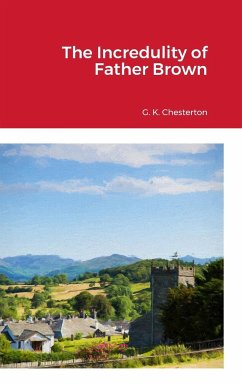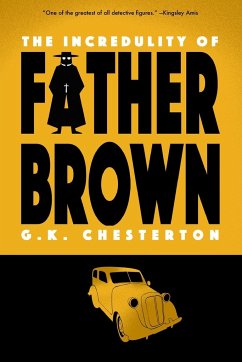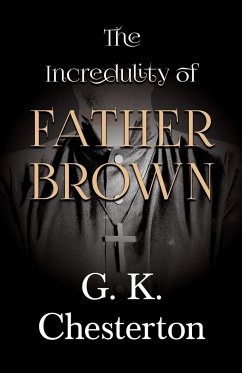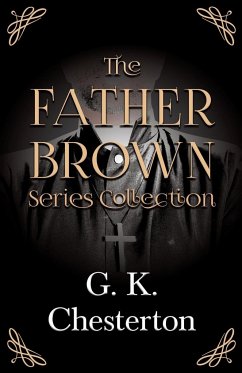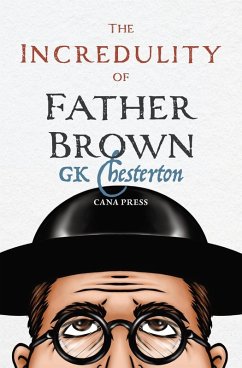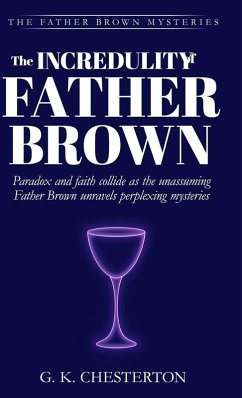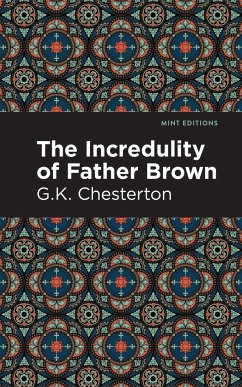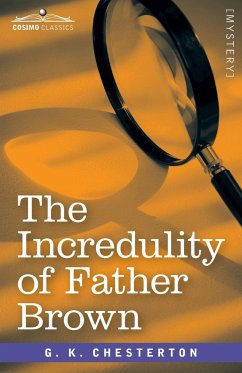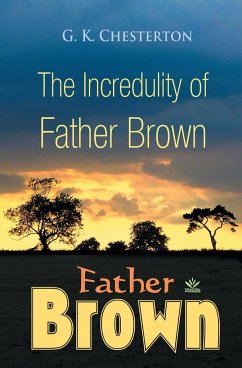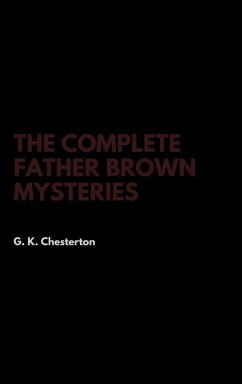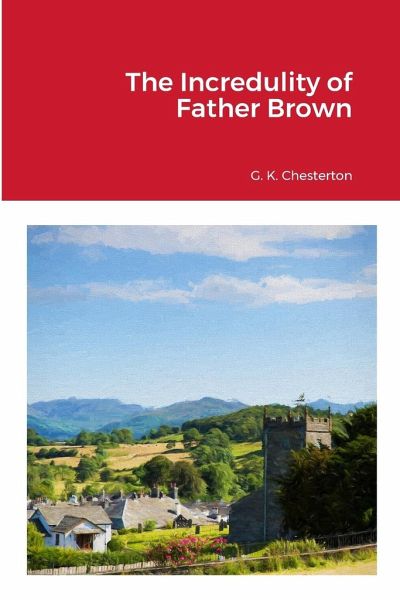
The Incredulity of Father Brown
Versandkostenfrei!
Versandfertig in 1-2 Wochen
17,99 €
inkl. MwSt.

PAYBACK Punkte
9 °P sammeln!
Father Brown, a full-time Catholic priest, and part-time amateur detective returns in this third collection of short stories by G. K. Chesterton. This time Father Brown is investigating alone; his sidekick, the former criminal Flambeau, is nowhere to be seen. Father Brown has to solve a murder (including his own!) in each story, and since several also appear to involve the supernatural, he has ample opportunity to elaborate on his thoughts concerning it.





